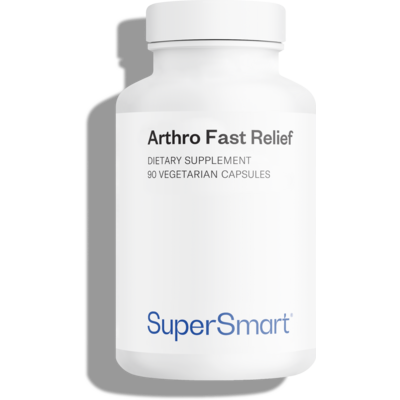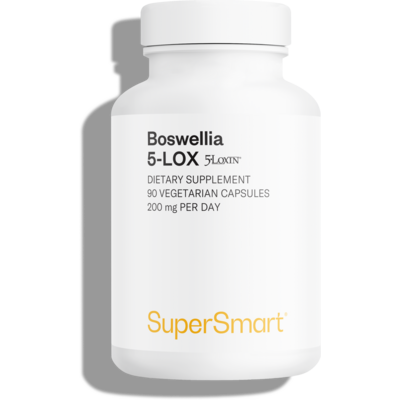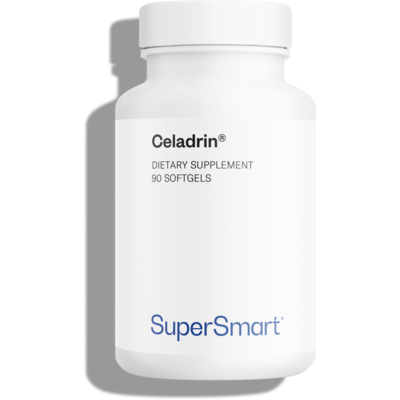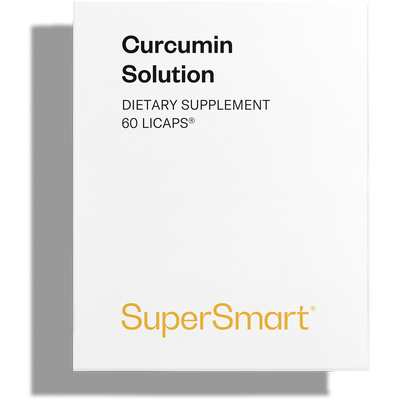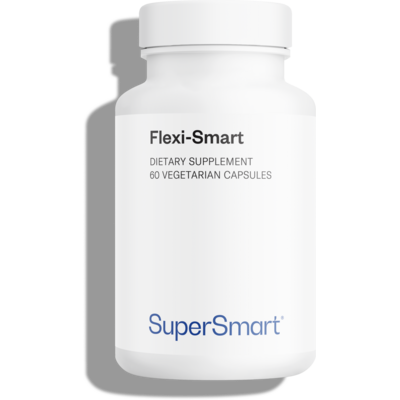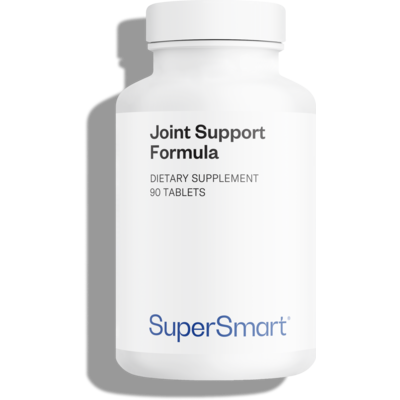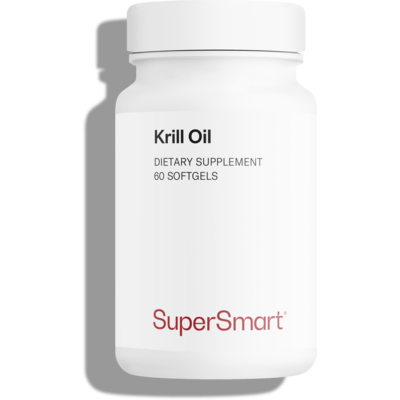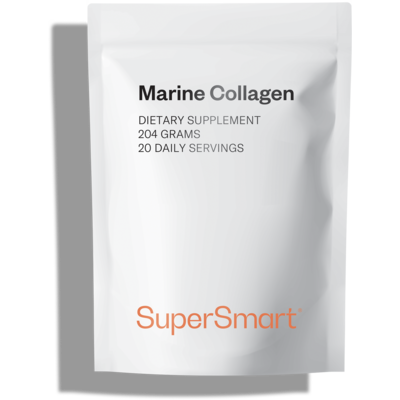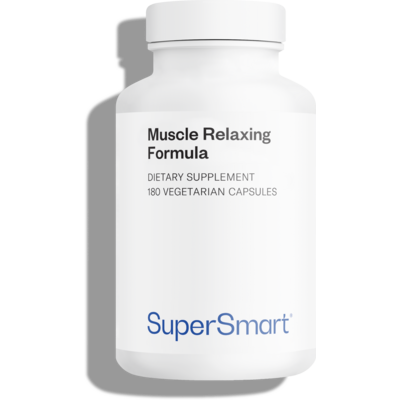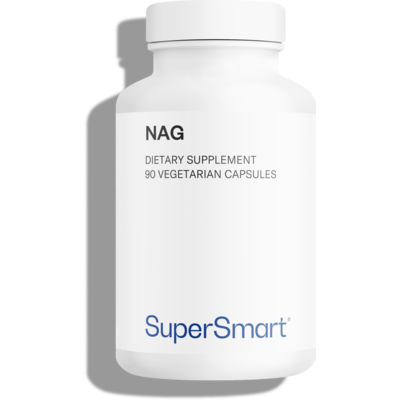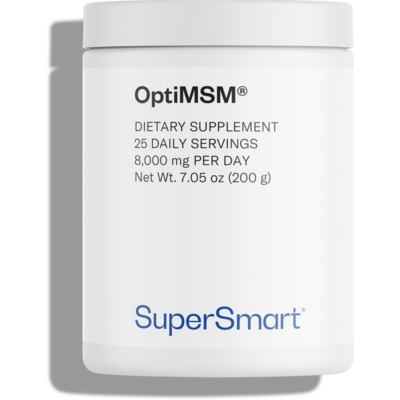6 Popular Supplements for Supporting Joint Comfort*
Bamboo: A Remarkable Plant for Supporting Joint Health*
Did you know that bamboo is known for its many beneficial properties?*
Used for thousands of years in traditional Chinese and Indian wellness practices, the exudate produced by bamboo, known as tabashir, is rich in silica, a natural source of silicon. Silicon plays an essential role in collagen formation—a key protein in connective tissue and cartilage—helping to support joint comfort.*
The most bioavailable form of silicon is orthosilicic acid, which can be found in dietary supplements, such as Orthosilicic Acid 5 mg.*
If you’re seeking a synergistic formulation with bamboo extract standardized for silicon content, our trusted supplement Joint Support Formula is an excellent choice.*
Boswellia Serrata for Supporting a Healthy Inflammatory Response*
Boswellia serrata is another well-known plant traditionally used to support joint health. Native to India and historically valued for incense production, it has been used for centuries in Ayurvedic and Chinese wellness practices to help ease occasional joint discomfort.*
Boswellia’s beneficial effects on joint health are attributed to its high content of boswellic acids, compounds known for their ability to support a healthy inflammatory response.*
You’ll find it in our advanced supplement Super Boswellia (featuring a high concentration of AprèsFlex™).
A Natural Component of Synovial Fluid
Hyaluronic acid is a polysaccharide naturally produced by the body. It is present in various tissues, including the skin, eyes, and joints.*
High levels of hyaluronic acid are present in synovial fluid, a viscous substance that surrounds and cushions cartilage. This fluid helps provide lubrication, supporting smooth and comfortable joint movement.*
The supplement Hyaluronic Acid provides an easy way to increase your intake of this important polysaccharide. Its specialized formulation features high molecular weight hyaluronic acid for optimal support.*
The Important Role of Type II Collagen in Joint Health*
Collagen is a fibrous protein found in abundance in mammals. It is produced by fibroblasts, specialized cells located in connective tissue.
Collagen is commonly associated with skin, but it is also present in large amounts in bones, tendons, ligaments, and cartilage. Among the 28 distinct types of collagen, type II is predominantly found in cartilage, where it contributes to maintaining its structure, elasticity, and resilience.*
Collagen can be obtained from foods such as marrow bones, gelatin, beef, chicken wings, eggs, and salmon. However, taking a dietary supplement is a more convenient way to increase your intake of type II collagen and support joint health.* Our UC II® capsules contain undenatured type II collagen, produced using a proprietary process.*
Sulfur, MSM, and Joint Support*
Sulfur is found at high levels in connective tissue collagen and plays a vital role in the synthesis of glycosaminoglycans, essential building blocks of joint cartilage. As a result, it is considered an important mineral for supporting overall joint health and structure.*
Methylsulfonylmethane, or MSM, is a rich source of sulfur that is known for its excellent bioavailability and thus easily absorbed by the body.*
MSM is naturally present in various foods, including cow’s milk, Brussels sprouts and eggs, but only in small quantities. Taking a supplement like OptiMSM® provides a more concentrated source of MSM to support your daily intake.*
Its beneficial properties are also featured in our synergistic formulation Orthosilicic Acid 5 mg, where it is combined with silicon and other supportive ingredients.*
How Effective Is Glucosamine for Joint Health?*
Glucosamine is an amino sugar naturally produced and used by the body. It acts as a precursor to glycosaminoglycans, which are key components involved in the formation and maintenance of cartilage and other connective tissues.* Supplements often contain marine-source glucosamine extracted from chitin, a durable polysaccharide found in the shells of crustaceans.
To boost your intake, you could consider taking a glucosamine supplement such as NAG (N-acetyl glucosamine)*.
Some naturopaths suggest combining glucosamine and chondroitin, a pairing featured in our high-quality supplement Joint Support Formula.*Joint Discomfort: Definition and Common Causes
What Exactly is Joint Discomfort?
Joints are the connection points between bones that allow for controlled and smooth movement. Joint discomfort refers to a sensation of sensitivity or unease in one or more joints.*
The most common areas where joint discomfort occurs include:
- knees;
- hips;
- shoulders;
- elbows;
- wrists;
- ankles ...
Deterioration of the osteoarticular system, whether due to injury or other factors, can result in mobility issues that may impact daily life and overall well-being.*
Arthritis: A Common Cause of Joint Discomfort*
One potential cause of joint discomfort is arthritis. Derived from the Greek arthron, meaning joint, and the Latin itis, meaning inflammation, arthritis generally refers to acute or chronic joint inflammation.*
The term ‘arthritis’ does not refer to a specific disease but rather describes a clinical symptom associated with more than 100 different conditions, including osteoarthritis. This inflammation may result from factors such as autoimmune responses, natural wear and tear, or external threats.*
Osteoarthritis and Cartilage Degeneration*
Osteoarthritis is a type of degenerative arthritis. It develops over time due to wear and tear of cartilage, often associated with ageing and other contributing factors.*
When the ‘shock absorbers’ between bones lose their effectiveness, it may lead to discomfort, stiffness, or swelling in the joints.*
The knees and hips are most commonly affected by osteoarthritis.*
What Are the Common Causes of Knee Discomfort?
Knee discomfort is a common joint concern for many individuals. It is often associated with:
- Age, as the natural ageing process can lead to the gradual development of degenerative conditions such as osteoarthritis*;
- Sudden, maladaptive movements, which is common among athletes. Sports involving frequent jumps, twists, and sudden movements, such as football and skiing, can increase the risk of issues like ligament injuries, meniscus problems, and tendonitis*;
- Repetitive movements can contribute to joint strain, exerting constant pressure on specific areas like the knees. Excessive repetition of the same motion may lead to conditions such as tendonitis, iliotibial band syndrome, or overexertion of the joint*;
- Excess weight and lack of physical activity are additional risk factors. Carrying extra weight places increased pressure on the knees, potentially leading to premature joint wear. Engaging in regular, suitable exercise and maintaining a healthy weight can contribute to the long-term health and comfort of your joints*.
Explore our range of dietary supplements for energy and fatigue support, supplements to aid weight management, vitamins for bone health, and supplements for physical activity and sports performance*.


